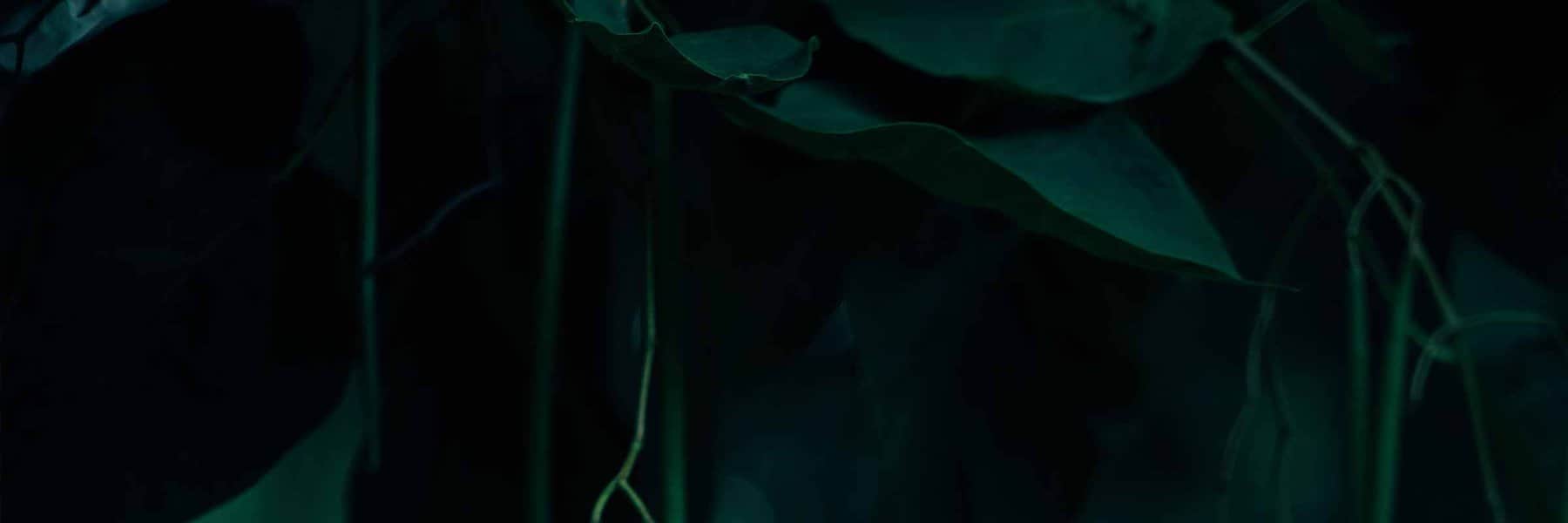Optimising methods for screening the susceptibility of host species populations to myrtle rust
July 2022
The highly invasive rust Austropuccinia psidii (myrtle rust) has an unusually large host range, with over 480 known hosts worldwide. The aim of this project is to carry out a pilot study to develop a fast, efficient, and cost-effective method that can screen plants for susceptibility to myrtle rust within any laboratory with a PC1 microorganism facility with MPI approval. Four methods were trialled, rooted cuttings, cut material in Ellepots, cut material in water agar (WA) in sealed jars and in WA in open falcon tubes. The cut material was inoculated within 24 hours of collection with the exception of the rooted cuttings. Rooted cuttings showed good results, however the method to set cuttings for this group of hosts needs to be investigated further to speed up the development of roots and new flush. Health of the cut material in Ellepots and WA in open falcon tubes deteriorated to a point where there was not enough healthy tissue to sustain myrtle rust infection in most cases, however some results were obtained from the former. The cut material set in WA in sealed jars showed promising results and warrants further investigation to optimise the health of the cuttings over time. Good infection rates were obtained using misting tents with humidity controllers. This means that these trials can be carried out in any PC1 microorganisms facility without the need for environmentally controlled chambers/rooms.
